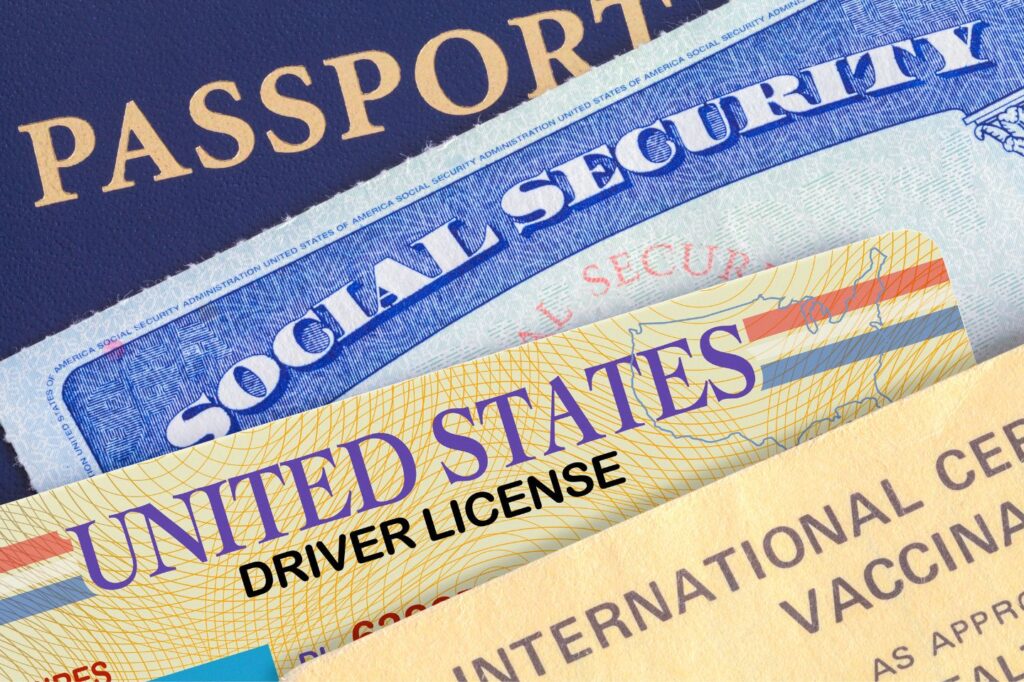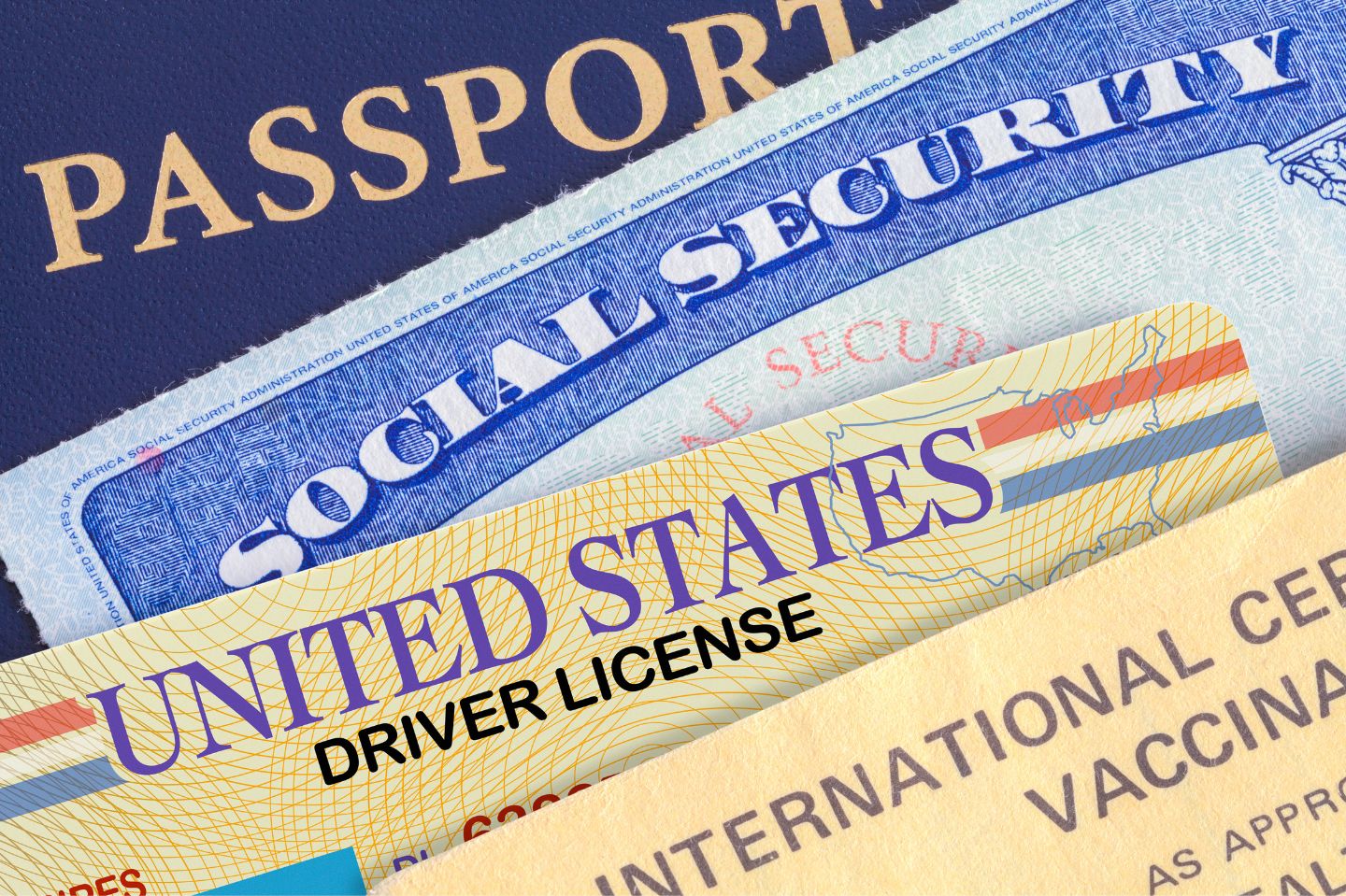I’ve been helping families with their finances for over 8 years. One thing I’ve learned is that it can be really hard to find important papers when you need them most. Especially when times get tough, like after a death or emergency, handling all the paperwork can be a major hassle.
A death, accident, or emergency is already a deeply emotional and challenging experience. I had one client who spent hours looking for their parent’s financial records after they passed away. Missing paperwork complicates the process of claiming death benefits and accessing valuable assets. That’s why I believe it’s so important to have a simple and easy way to keep track of important documents.
This article is your guide to creating your own personalized organizer, ensuring your important documents are readily accessible in case of emergencies.
Digital vs. Physical:

Whether you choose digital or physical storage, always record the date of your last update. Many clients prefer electronic organization for its ease of access and security. However, if you have a large amount of paper documents, opt for a high-quality binder with divider inserts, considering fireproof options for added protection.
Step-by-Step Organization:
1. Personal Information:
- Create a list with your contact information, spouse’s information, and children/grandchildren’s details.
- Include a clear letter of instructions outlining your wishes and providing guidance for loved ones.
- Specify your preferred power of attorney in case of disability.
- Identify a “trusted person” to handle your affairs.
- List all beneficiaries, indicating if they are the same for all your assets.
2. Professional Contacts:
List your financial advisor, accountant, lawyer, and other professionals with their contact information.
3. Essential Documents:
- Passport
- Original wills/living trust documents (self and spouse/partner) with dates
- Special estate instructions (written and video)
- Trust documents
- Power of attorney
- Birth certificates
- Healthcare directives
- Marriage certificate
- Citizenship papers
- Military Records
- Social security card
- Health information (vaccinations, hospitalizations)
- Marriage agreements
- Divorce papers
- Funeral arrangements and burial information
- Living trust
- Cemetery plot deed
- Document appointing children’s guardian
- Education records
- Employment records
- Professional and fraternal organization memberships
- Pet registration and records
- Other relevant documents (e.g., adoption papers)
- Keeping Your Documents Safe: A Priority
Once you’ve invested time and effort into organizing your vital documents, it’s crucial to ensure their safety. Imagine the stress of a fire or flood destroying your carefully curated collection! Thankfully, various options can offer peace of mind and protect your precious information.
Consider these options for document security:
Fireproof safes: These robust containers shield your documents from the devastating effects of fire, offering protection against temperatures reaching 1,700°F for extended periods.
Waterproof safes: Water damage can be just as destructive as fire. Invest in a waterproof safe to protect your documents from floods, leaks, or spills. Choose safes with IP ratings for water resistance and consider double-sealing documents in plastic bags for extra protection.
Offsite storage: Moving your documents outside your home adds another layer of security. Secure storage facilities offer climate-controlled environments and 24/7 security, making them ideal for long-term document storage.
Digital backups: In today’s digital age, consider scanning your documents and storing copies in cloud storage services. This ensures accessibility from anywhere and protects against physical disasters. Remember to encrypt your files for enhanced security.
By implementing these safety measures, you can rest assured that your important documents are safe from harm and readily available when needed.
Regular Review and Updates:
Life changes, so review and update your organizer regularly. This ensures your information remains accurate and reflective of your current situation. For our clients, we conduct an annual review to assist with updates and ensure their plans remain aligned with their evolving needs. If you don’t have a professional who helps you with that, simply set up a reminder for yourself to review this information once a year.
By taking the time to organize your important documents, you provide your loved ones and yourself with invaluable support during difficult times. This simple act can save them countless hours of stress and ensure your wishes are fulfilled accurately and efficiently. Remember, the key is to choose a method that works best for you and to prioritize updating your information regularly.
Now, you’ve gone through all the trouble of organizing and securing your important documents. Don’t let all that effort go to waste! Make sure to share the location of your “emergency stash” with your family. It’s no good having everything ready if nobody knows where to find it, right?
Think about it like this: an emergency strikes while you’re away. Wouldn’t it be a lifesaver if you could access your vital documents electronically, from anywhere? Or at least, have someone grab them for you? That’s why drawers won’t do! Ditch the drawer storage and embrace the power of a portable file folder. Grab it and go – boom, instant access, wherever you are!














